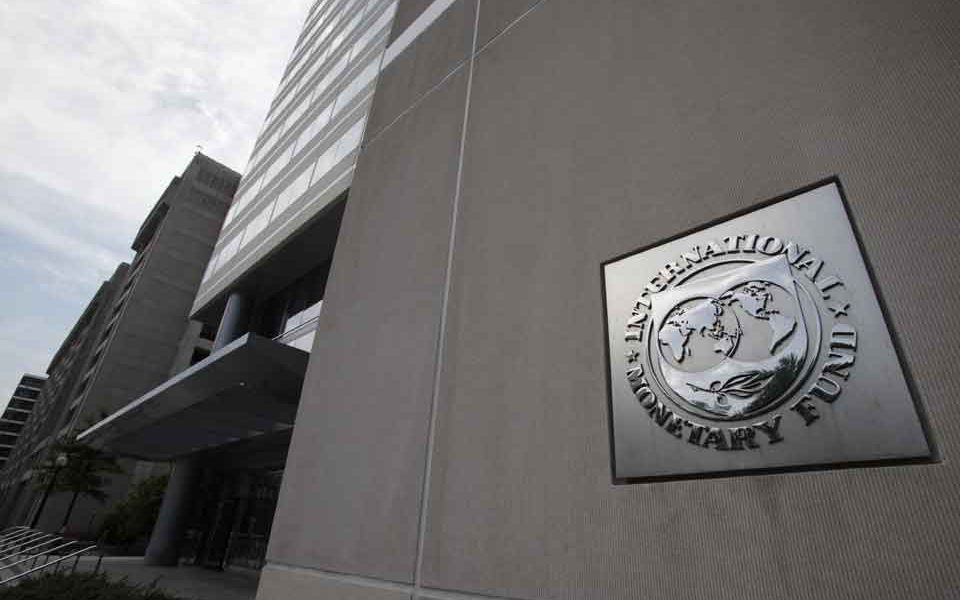IMF sees zero primary deficit in 2021

The forecasts of the International Monetary Fund regarding the Greek budget deficit agree with those of the government, though this is not the case regarding the national debt.
According to data in the Fund’s Fiscal Monitor, released on Wednesday, Greece’s primary deficit this year will come to 6% of gross domestic product (GDP), compared with the 6.2% provided for in the 2021 draft budget. This is despite the IMF projection for a 9.5% recession this year, against the government’s expectation for 8.2%.
The forecasts come close to converging over next year’s primary budget balance as well, with the IMF expecting revenues to be equal to expenditure (loan interest payments excluded), against a 1% of GDP primary deficit projected by Athens.
In the latest visit of the IMF mission to Greece in the context of the post-bailout program assessments, government officials were surprised to hear the recommendation for avoiding an abrupt fiscal contraction and aim instead at a primary deficit of at least 2% of GDP for next year.
The Fund further anticipates the budget deficit this year to come to 9% of GDP, matching the global average rate, while the draft budget provides for 8.6% of GDP. In 2021 the deficit is expected to return to 3% of GDP rate, as allowed for by the general Stability Pact rules of the European Union, the IMF says, bettering the government’s forecast for 3.7% of GDP.
However, on the matter of the national debt, the government appears far more optimistic than the IMF. The Fund sees Greek debt soaring to 205.2% of GDP this year, from 180.9% in 2019, just as the Finance Ministry sees it contained at 197.4%. For 2021 the government anticipates a reduction of the debt to 184.7% of GDP, compared to 200.5% that the IMF projects before easing to 187.3% in 2022 and to 177% in 2023.
As for the general government revenues for this year, the IMF expects them to come to 48.3% of GDP, from 46.8% in 2019, due to the severe contraction of the GDP. Spending will rise to 57.3% of GDP this year from 46.2% in 2019.





